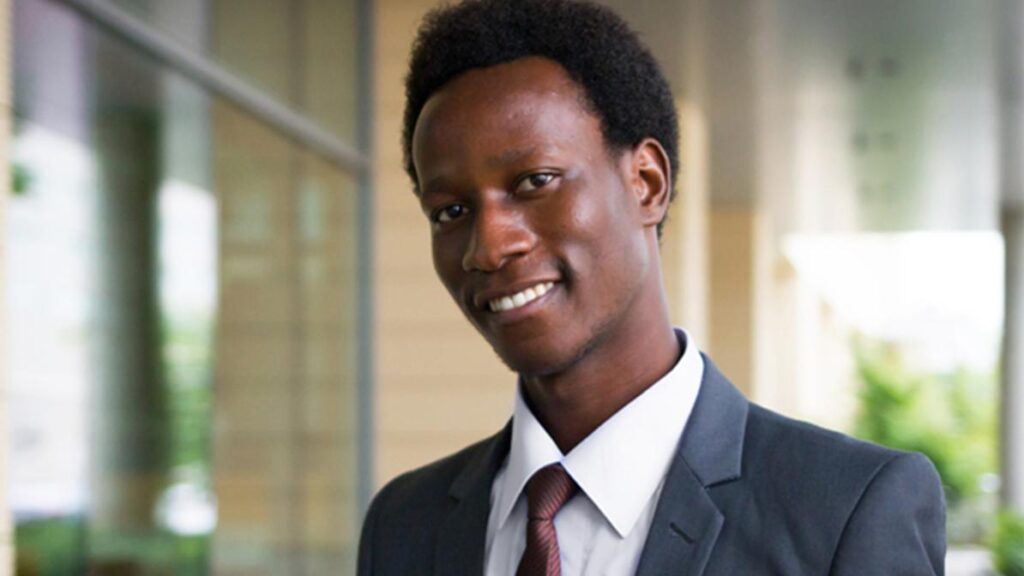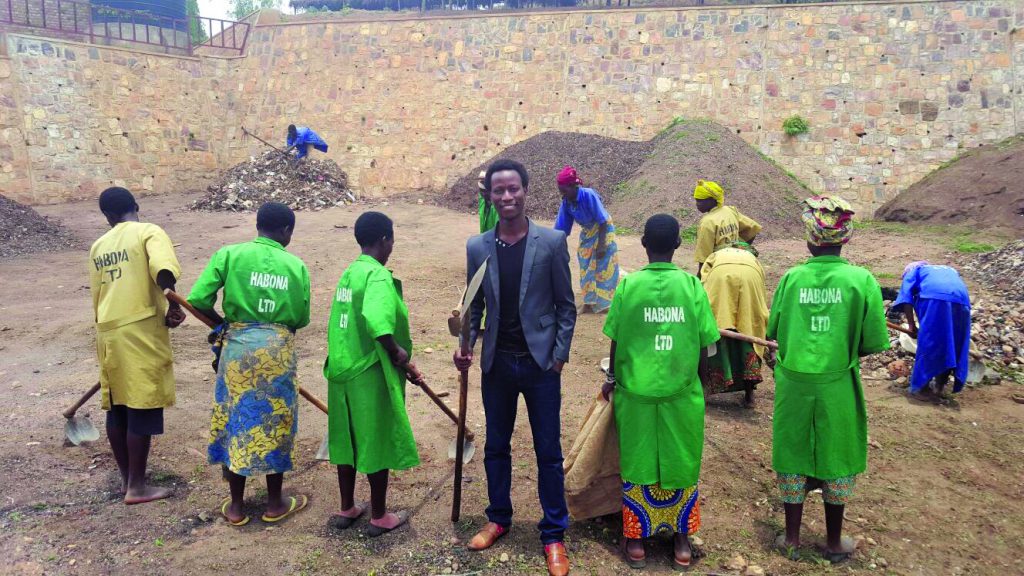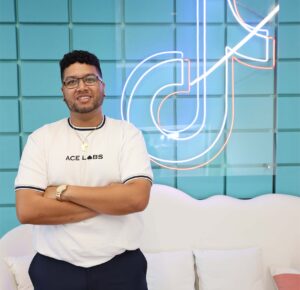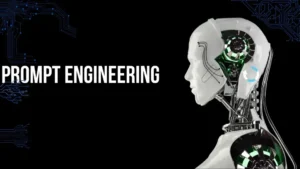
Jean Bosco Nzeyimana
Jean Bosco Nzeyimana Turning Waste Into Opportunity.
Nzeyimana didn’t let tough circumstances stop him from becoming an entrepreneur. Notwithstanding, he grew up in a neighbourhood struggling with poverty and poor sanitation. Nevertheless, every day, he saw challenges all around him. In fact, firewood was the only cooking option, although it came with problems. Moreover, finding wood was hard, and burning it caused health issues in his community. Nzeyimana felt he needed to take action by all means.
A Vision for Sustainable Solutions
“I wanted to be part of a sustainable solution,” he said. He undoubtedly aimed to address the lack of power, sanitation, and poverty in Kitabi. His idea? Primarily, composting waste into clean cooking fuel and creating other eco-friendly products.
Moreover, In college, he researched transforming waste into green products like biogas, compost, and briquettes. Nzeyimana by all means wanted to reduce his community’s dependence on firewood. The rainy season further made wood even harder to find.
Jean Bosco Nzeyimana Turning Waste Into Opportunity- The Birth of Habona Ltd
Significantly, In 2013, at just 18, Nzeyimana founded Habona Ltd. Additionally, he was still a student at the University of Rwanda’s College of Business and Economics. Presently, his company now produces 20 tons of briquettes monthly and employs over 100 people. On the contrary, he studied business administration to lead a private enterprise solving big problems.
Nonetheless, his university training helped him create a business plan. Subsequently, with little capital, he formed a team to collect waste in Nyamagabe town. They specifically gathered waste from homes and transported it to a central processing site. There, they sorted it: degradable waste became manure, briquettes, or biogas, while non-degradable waste was recycled.
Recognition and Early Wins
“You don’t need money to get started,” he thought confidently. “Lack of funds didn’t discourage us. In other words. we just thought outside the box to raise capital.”
However, In 2014, he entered the African Innovation Prize and won Rwf2 million ($2,700) for Habona. Also, that year, he won Rwanda’s Young Innovator Award and trained in India with nine other African entrepreneurs. In 2015, through the YALI fellowship, he received $25,000 from the US African Development Foundation to expand his project.

Scaling Up with New Funding- Jean Bosco Nzeyimana Turning Waste Into Opportunity
“This grant is a big boost,” he says further. “It particularly will help us hire 10 more workers and increase production to 50 tons monthly.” Habona’s briquettes sell at Rwf200 ($0.30) per kilogram and last three times longer than charcoal.
Similarly, his US and UK experiences sparked even bigger ideas. After his fellowship, Habona expanded renewable energy efforts, managing a waste plant for Nyamagabe District. More so, training at St. James’s Palace opened his eyes to green business potential.
“Besides, being there gave me a clear vision,” he says. Now he’s setting up an office in Kigali. Nzeyimana is also talking with investors to expand in Kigali and Nyamagabe.
Investor Support and Government Partnerships
Support for Habona continues to grow. Immaculée Mukarwego, Nyamagabe’s Deputy Mayor, is a strong supporter. “Habona Ltd is a great project with a bright future,” she says. “It tackles waste sustainably and improves our district’s quality of life.”
With the district’s support, a $500,000 plant and dumping site was built to support Habona’s growth. Nzeyimana’s journey from a village boy with a dream to a successful social entrepreneur is only beginning, but he’s already making a huge impact. Jean Bosco Nzeyimana Turning Waste Into Opportunity








